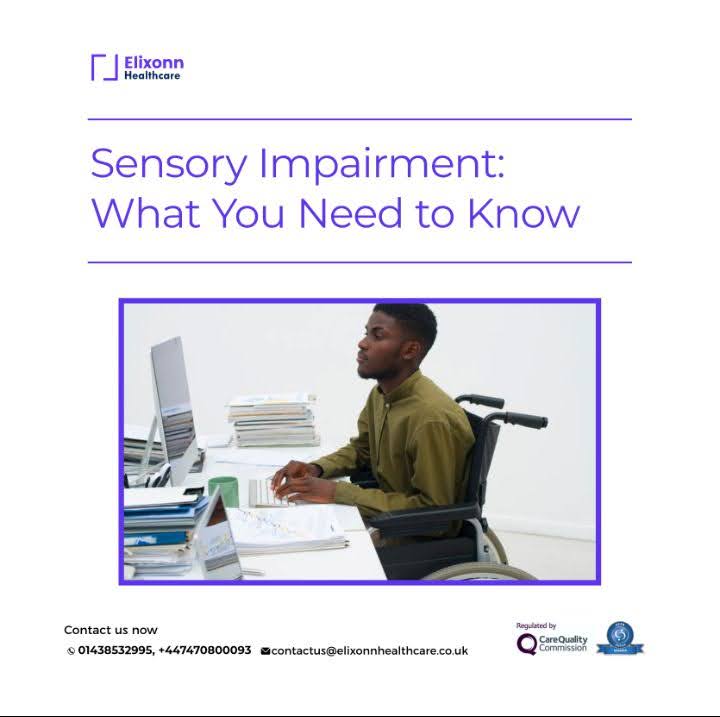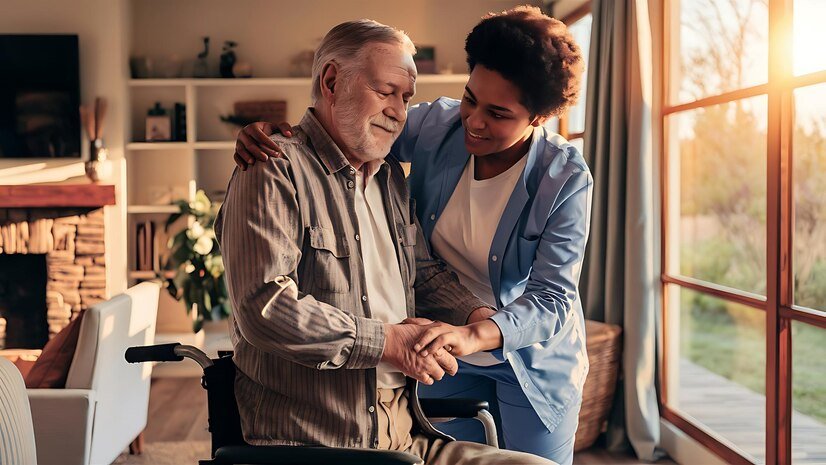Caregiving activities conducted at home play a vital role in maintaining the well-being and comfort of individuals who require assistance due to various circumstances such as ageing, illness, or disability. These activities encompass a wide range of tasks, from personal care and medical assistance to emotional support and household chores. Here, we will delve into the significance of caregiving activities at home and explore some essential tasks that caregivers can perform to enhance the quality of life for their loved ones.
Personal Care
One of the fundamental aspects of caregiving at home involves assisting individuals with personal hygiene and grooming. Caregivers may help their loved ones with tasks such as bathing, dressing, and oral hygiene. These activities not only contribute to physical well-being but also boost self-esteem and maintain a sense of dignity.
Meal Preparation and Nutrition
Preparing nutritious meals is a cornerstone of caregiving. Caregivers must consider dietary restrictions and preferences when planning and cooking meals. Ensuring that individuals receive adequate nutrition is crucial for their overall health and energy levels. Caregivers may also assist with feeding if the individual has difficulty using utensils or swallowing.
Medication Management
Many individuals require medications to manage chronic conditions or recover from illnesses. Caregivers play a critical role in medication management by providing timely reminders and helping organize medications into pill dispensers. This ensures that medications are taken as prescribed, minimizing the risk of complications.
Mobility and Exercise
Caregivers often help individuals maintain their mobility and engage in light exercise. This may involve assisting with walking using mobility aids, such as canes or walkers, or guiding them through gentle exercises or stretches. Regular physical activity promotes circulation, muscle strength, and independence.
Companionship and Social Interaction
Loneliness and isolation can have detrimental effects on mental and emotional health. Caregivers provide companionship by engaging in conversations, playing games, or watching movies or TV shows with their loved ones. These activities foster social interaction and emotional well-being.
Household Chores
Keeping the home environment clean and organized is essential for safety and comfort. Caregivers may perform light cleaning tasks, such as dusting, sweeping, and vacuuming. Additionally, they may assist with laundry, grocery shopping, and other household chores to ensure a clean and well-maintained living space.
Health Monitoring
Caregivers often monitor vital signs, such as blood pressure, heart rate, and temperature, to track changes in health. They may also keep records of symptoms and report any significant developments to healthcare providers. Regular monitoring helps in the early detection of health issues.
Safety Precautions
Preventing accidents and falls is a paramount concern for caregivers. They assess the home environment for potential hazards, install safety equipment, and implement fall prevention strategies. These measures ensure a secure living space for individuals in need of care.
Emotional Support
Caregivers provide emotional support by actively listening to the concerns and feelings of their loved ones. They offer a shoulder to lean on during difficult times and encourage individuals to engage in hobbies and activities they enjoy, promoting emotional resilience.
Transportation
In some cases, caregivers may provide transportation to medical appointments or social outings, ensuring that individuals have access to essential services and maintain a sense of independence.
Assistive Devices
Caregivers become proficient in the use of assistive devices, such as wheelchairs, hearing aids, or communication devices, to help individuals navigate daily life with ease.
Technology Assistance
In today’s digital age, caregivers assist individuals in using smartphones, computers, or other devices for communication, entertainment, and staying connected with loved ones.
Mediation and Advocacy
Caregivers often act as advocates for their loved ones, ensuring their needs are met and their rights protected. They may communicate with healthcare providers, insurance companies, and other service providers to advocate for the best possible care.
Documentation
Keeping detailed records of medications, appointments, and notable changes in health or behaviour is essential for effective caregiving. This documentation aids in communication with healthcare professionals and ensures continuity of care.
All these activities are carried out by our caregivers. Contact Elixonn Healthcare today!
Conclusion
Caregiving activities conducted at home are a cornerstone of maintaining the well-being and quality of life of individuals in need of assistance. It is a noble and demanding role that requires dedication, empathy, and a deep commitment to the welfare of those they care for.




